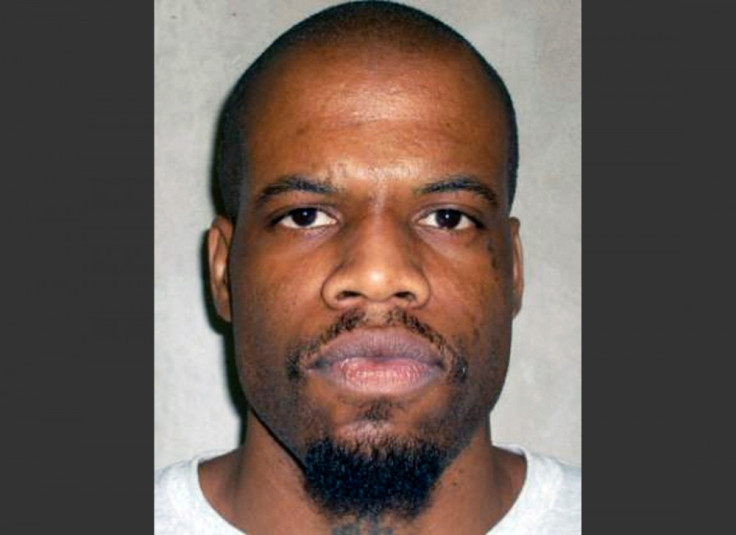Oklahoma Botched Execution: Clayton Lockett Dies in Agony as Lethal Injection Fails to Kill

An Oklahoma death row inmate has died of a heart attack following a botched lethal injection.
Clayton Lockett, 38, was declared unconscious ten minutes after the first of the state's new three-drug lethal injections was administered, AP reported.
Three minutes later, however, Lockett started breathing very heavily and writhing on the gurney, prompting the officials to lower the blinds to prevent people seeing what was happening in the death chamber.
"There was some concern at that time that the drugs were not having that [desired] effect," said department's director Robert Patton, who halted Lockett's execution about 20 minutes after the first drug was administered.
An alleged vein failure had prevented the injection having the full effect, causing suffering to the inmate who then died of a heart attack.
"It was a horrible thing to witness. This was totally botched," said Lockett's attorney, David Autry. "They should have anticipated possible problems with an untried execution protocol.
"Obviously the whole thing was gummed up and botched from beginning to end. Halting the execution obviously did Lockett no good."
Following the incident, the execution of inmate Charles Warner, supposed to take place two hours after Lockett's one, was postponed for 14 days by Republican Gov. Mary Fallin.
She also ordered the state's Department of Corrections to conduct a full review of the state's execution procedures.
Lockett was on death row for the 1999 shooting of a 19-year-old woman. Warner was convicted for the 1997 murder and rape of an 11-month-old girl.
The two inmates had sued the state for refusing to disclose details about the execution drugs.
The case prompted the Supreme Court to issue a rare stay of execution, which was later dissolved, however.
The high court dismissed the inmates' claims that they were entitled to know the source of the drugs.
This was the first time Oklahoma used the new drug combination for a lethal injection.
Other states such as Florida and Missouri have used it before.
Lawyers for death row inmates in several US states have argued that drugs obtained for lethal injections from compounding pharmacies could lead to unnecessary suffering, which is considered as a cruel and unusual punishment and in violation of the US Constitution.
Prison officials have rejected these arguments and have been refusing to reveal where they get the substances from.
© Copyright IBTimes 2025. All rights reserved.






















